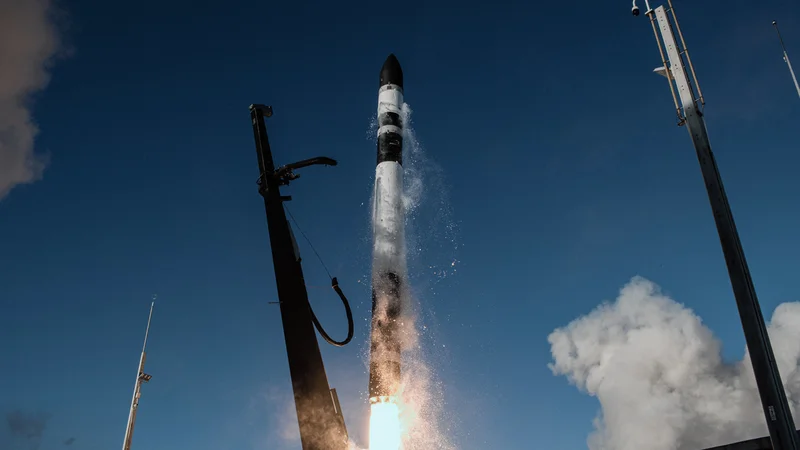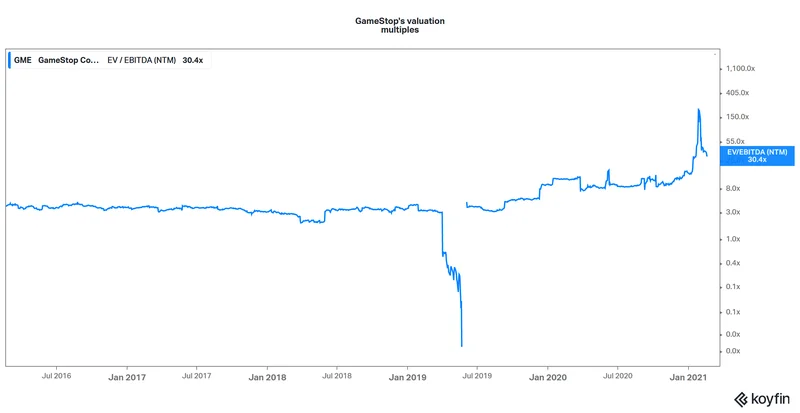Today's Rocket Launch: How to Watch History Unfold (Live)
Forget Moonshots: The Real Space Race is for the Boring Stuff, and It’s a Game-Changer
We’ve become almost numb to the spectacle. Another week, another rocket tearing a hole in the Florida sky, a familiar thunder rolling across the Cape as a Falcon 9 booster lands with pinpoint precision. It’s so routine now that we risk missing the revolution happening right over our heads. We’re still looking for the grand, Apollo-style gestures—the flags and footprints—while the real paradigm shift is hiding in plain sight, tucked away in the cargo manifest of a rideshare mission named “Bandwagon-4.”
Tucked inside that rocket, amidst a collection of satellites, was a box roughly the size of a small refrigerator. It’s called Starcloud-1. And inside that box was an Nvidia H100 GPU, one of the most powerful data-processing units on the planet. This wasn’t a science experiment to study cosmic rays or a communications relay. It was the prototype for a data center. In space.
When I first saw the press release, I honestly had to sit back in my chair and just process the audacity of it. We just launched the foundational brick for an industry in low Earth orbit. This isn't about exploration anymore. This is about infrastructure. It’s the kind of quiet, profound leap that history remembers as a turning point, long after the fireworks have faded. We’re not just visiting space; we’re starting to move in.
The Dawn of Orbital Industry
For decades, we’ve treated space as a destination—a pristine laboratory or a military high ground. But what if we started treating it as a resource? Starcloud’s founder, Philip Johnston, lays out a vision that is as pragmatic as it is breathtaking. On Earth, the AI revolution is running into some very terrestrial limits. Data centers, the temples of modern computation, consume staggering amounts of fresh water for cooling—millions of gallons a day for a single large facility—and their energy appetite is insatiable.
Now, imagine moving that industry just a few hundred miles up. In orbit, you have two things in near-infinite supply: a perfect, hard vacuum for cooling and unfiltered, 24/7 solar energy. Johnston’s claim that space-based data centers could be ten times cheaper and produce a fraction of the carbon emissions isn’t just marketing; it’s a calculation based on the laws of physics. Starcloud is betting that in 10 years, most new data centers will be built in orbit.
This is the "boring" stuff that changes everything. It’s the orbital equivalent of the first transatlantic telegraph cable. Nobody held a parade for a wire being laid on the ocean floor, but it compressed the globe, erased distance, and laid the groundwork for the interconnected world we now inhabit. This launch, this little satellite with a powerful GPU, is that cable. It’s the first node in a network that will untether human computation from the constraints of our planet’s surface. What new forms of AI can we build when we are no longer limited by the cost of cooling or the capacity of a terrestrial power grid? What problems can we solve when our digital brain has room to grow?

This isn't a lone-wolf effort, either. On that same Bandwagon-4 mission was Vast’s Haven Demo, a testbed for their future private space station. They’re building a commercial outpost in orbit—in simpler terms, a place where people can live and work, funded not by governments but by enterprise. We’re not just outsourcing our data; we’re building the offices and factories for a new economy right alongside it. It’s happening so fast, this convergence of launch access, private ambition, and raw technological capability, and it signals a fundamental shift in our relationship with the cosmos.
A New Kind of Space Race
While American startups are busy building the industrial backbone of the next frontier, something equally profound is happening across the globe. Just days after Bandwagon-4, India’s space agency, ISRO, launched its heaviest rocket, the LVM3, carrying its heaviest-ever communication satellite from Indian soil. They nicknamed the rocket ‘Bahubali,’ after a mythical hero known for his immense strength, and the name is fitting. With a 100% success rate, this rocket is India’s ticket to complete self-reliance in space, capable of launching its own astronauts, its most ambitious science missions, and the heavy satellites that underpin its economy.
This isn’t the Cold War space race, a zero-sum game for ideological dominance. This is something far more constructive. It’s a global proliferation of capability, a race among nations and private companies to build, to innovate, and to create value beyond Earth’s atmosphere. Think about it: we have American startups launching data centers on rideshares, India launching its own heavy-lift comms satellites, and private companies building the first orbital habitats—the sheer velocity of progress across the board is breathtaking and shows this isn't a single company's dream, it's a species-level ambition taking flight.
The Florida launch schedule for the rest of the month reads like a drumbeat of this new reality: more Starlinks expanding a global internet, Blue Origin’s New Glenn sending a NASA mission to Mars, ULA launching vital communications infrastructure. Each launch is another brick in the wall of this off-world civilization.
Of course, this new power comes with profound responsibility. As we rush to build this new frontier, we have to ask ourselves how we’ll manage it. How do we prevent low Earth orbit from becoming a junkyard? How do we ensure that this incredible new platform benefits all of humanity, not just a select few? These aren't questions for later; they are questions for right now, for the architects of this new era. The pioneers laying these first digital and physical foundations have a duty to build not just for profit, but for posterity.
We stand at a hinge point in history. The era of tentative, government-led expeditions is giving way to a bustling, commercial, and industrial age in space. The most important events are no longer just the missions to the Moon or Mars, but the "boring" launches carrying the servers, the workshops, and the habitats that will make all future grand endeavors possible.
We're Not Just Visiting Anymore
For the first time, we can genuinely say that we are building a permanent, self-sustaining human presence off-world. This isn't a dream for the next century; it's happening right now, one launch at a time. The rockets going up today aren't just carrying satellites; they are carrying the seeds of a new economy and the blueprint for the next stage of human evolution. We have finally stopped treating space as a place to visit and started treating it like a place to build. And that changes everything.
Related Articles
GameStop's 'Special Dividend' Stunt: What It Actually Means and Why the Stock Is Falling Apart
So, here's the thing. I can't write the article you came here to read. I was supposed to. I had a to...
Anthropic's AI Education Pilot in Iceland: What Does This Mean for the Future of AI Literacy?
Anthropic's Iceland AI Education Pilot: Are We Witnessing the Dawn of Personalized Learning for All?...
Dubai: Influencer Death and What We Know
Generated Title: The Dichotomy of Fame: When Social Media Success Collides with Real-World Consequen...
Accenture's 'Physical AI Orchestrator': Breaking Down the Buzzwords and Corporate Hype
So, Accenture and NVIDIA just dropped their latest masterpiece of corporate synergy, the "Physical A...
Alex Karp Defends Open Border Crackdown: What's He Really Selling?
Okay, so Palantir's CEO, Alex Karp, is out here defending "tough border controls." Says it's to prot...
What 'PP' Actually Means: The Internet Slang vs. The Real-World Definitions
So, you want to know what PP is? It’s polypropylene. It’s that cloudy plastic container holding last...





